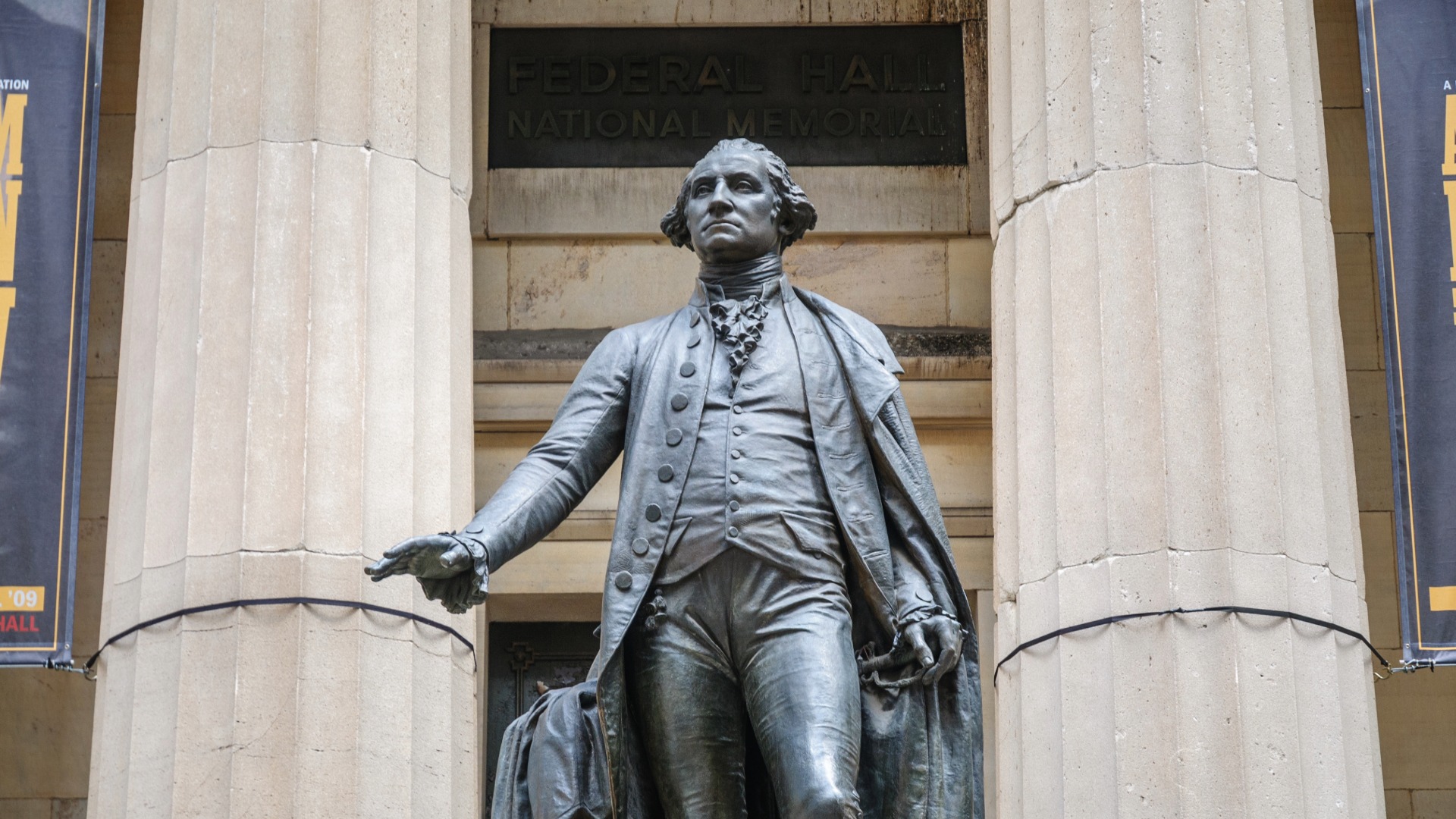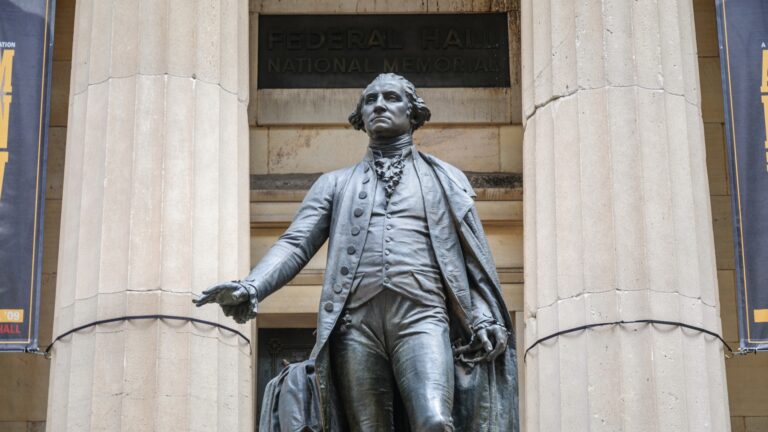Sixth Amendment
Quick Definition: Sixth Amendment
“In all criminal prosecutions, the accused shall enjoy the right to a speedy and public trial, by an impartial jury of the State and district wherein the crime shall have been committed, which district shall have been previously ascertained by law, and to be informed of the nature and cause of the accusation; to be confronted with the witnesses against him; to have compulsory process for obtaining witnesses in his favor, and to have the Assistance of Counsel for his defence.”
Key points
- Guarantees fundamental rights to criminal defendants: speedy and public trial, impartial jury, notice of charges, confrontation of witnesses, compulsory process, and legal counsel.
- Gideon v. Wainwright (1963) established the right to free legal counsel in state felony cases.
- Applied to the states through the Fourteenth Amendment’s Due Process Clause.
- Courts assess violations of the “speedy trial” right based on delay length, reason, and impact on the defense.
FAQ
- Do all criminal defendants get a jury? Only for serious offenses; not required for petty crimes.
- What happens if the trial is not speedy? Charges may be dismissed if the delay prejudices the defendant.
- Can I get a lawyer if I can’t afford one? Yes, courts must appoint counsel in felony and some misdemeanor cases.







